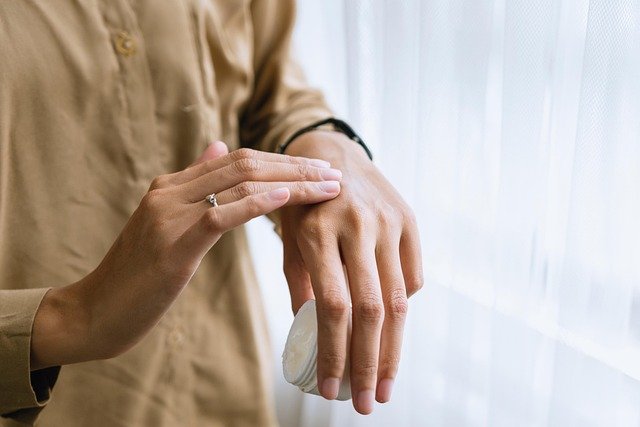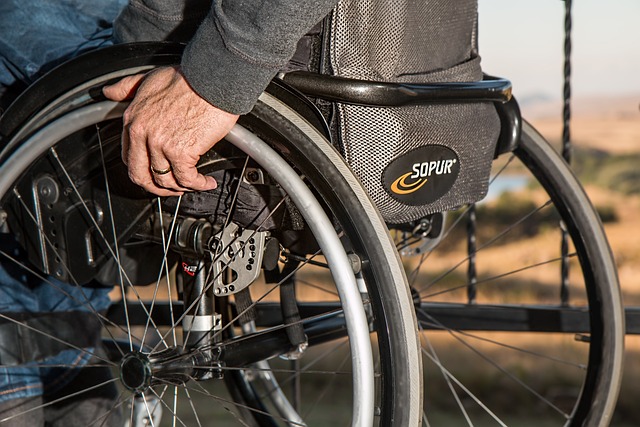Self Care Guide: Practical Steps for Daily Well-Being
Self-care is a collection of habits and choices that help maintain physical, mental, and emotional balance. It ranges from basic grooming and beauty routines to intentional wellness practices that reduce stress and support long-term health. Approaching self-care as a series of manageable steps makes it easier to build lasting routines and find what truly helps you feel balanced and capable.

This article is for informational purposes only and should not be considered medical advice. Please consult a qualified healthcare professional for personalized guidance and treatment.
Waxing: what to expect and aftercare
Waxing is a common hair-removal method used for both cosmetic and practical reasons. Before a waxing appointment, skin should be clean and exfoliated gently in the days prior to reduce ingrown hairs. After waxing, expect temporary redness and sensitivity; applying a cold compress and a fragrance-free, hydrating lotion can help soothe the area. If you use waxing as part of your grooming routine, schedule sessions about every four to six weeks depending on hair growth and follow any specific aftercare advice from the technician or product label.
Beauty routines that support skin and mood
A consistent beauty routine can influence both how you look and how you feel. Simple steps like cleansing, moisturizing, and using sunscreen daily form the foundation of skin health. Incorporating occasional treatments—such as masks, exfoliation, or professional facials—can address specific concerns. Keep products suited to your skin type and sensitivity, and remember that beauty is not only aesthetic: rituals like applying a moisturizer or makeup can be a gentle form of self-care that signals self-respect and creates small moments of calm in a busy day.
Grooming habits that improve comfort and confidence
Grooming covers a wide range of practices: hair care, nail care, oral hygiene, and trimming or styling body hair. Regular grooming can reduce discomfort (such as split ends or ingrown hairs) and contribute to a sense of readiness for daily activities. Establish a realistic routine—short sessions that fit into your schedule rather than lengthy chores—and consider rotating deeper grooming tasks weekly or monthly. For specific needs, seek guidance from reputable local services for personalized advice on haircuts, nail care, or other grooming treatments.
Self-care practices for everyday balance
Self-care extends beyond physical tasks to include mental and emotional strategies. Daily practices might include adequate sleep, balanced meals, hydration, short movement breaks, and deliberate relaxation techniques like breathing exercises or brief walks. Scheduling small, achievable activities—reading, journaling, or a hobby—helps maintain consistency. Treat self-care as preventative maintenance rather than an occasional indulgence: small, repeated actions often yield greater resilience and lower stress over time.
Wellness: integrating habits for long-term health
Wellness ties together physical grooming, beauty choices, and self-care routines into a broader lifestyle. It emphasizes prevention, balance, and sustainable habits—sleep hygiene, nutrition, regular physical activity, and social connection. Assess which aspects of wellness are most relevant to you and prioritize those that produce measurable benefits, such as improved mood, energy, or sleep. When seeking guidance, look for evidence-based resources and qualified local services if you need specialist support, such as a registered dietitian, mental health professional, or licensed practitioner.
Conclusion
Self-care is practical, personal, and adaptable: it can be as simple as a consistent grooming habit or as comprehensive as a wellness plan that includes mental and physical health practices. Focus on building small, repeatable routines that match your lifestyle, tune them over time based on results and comfort, and use trusted local services when you need specialized care. By viewing self-care as ongoing maintenance rather than a one-time action, you can create habits that support sustained well-being and a stronger sense of personal balance.




